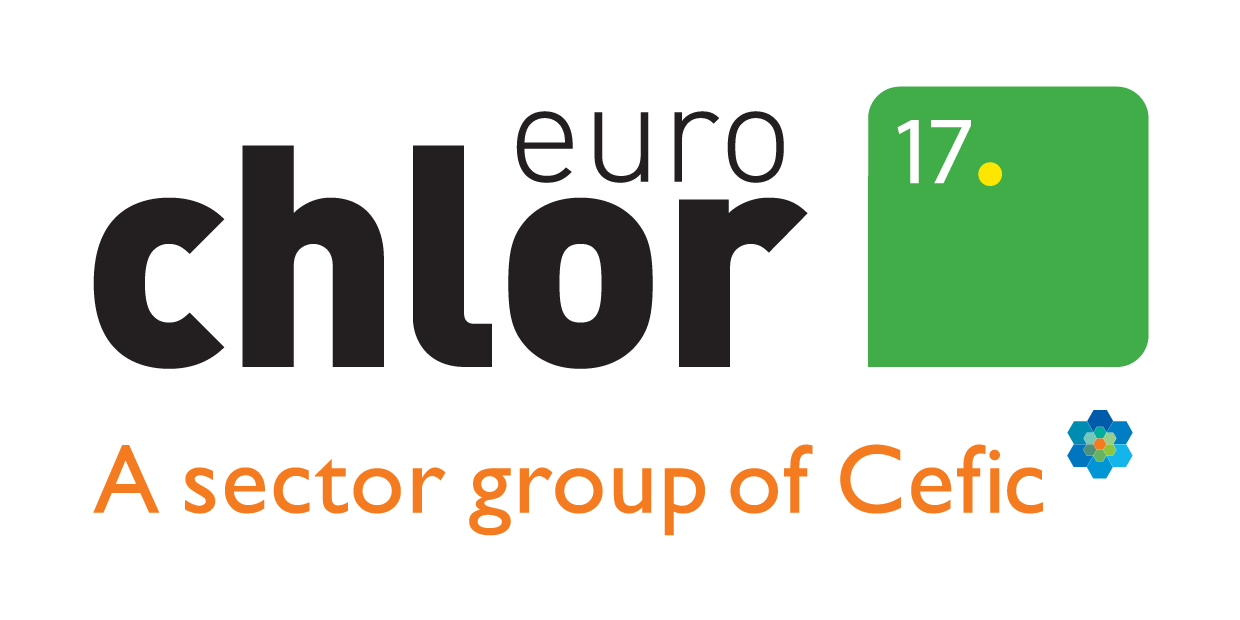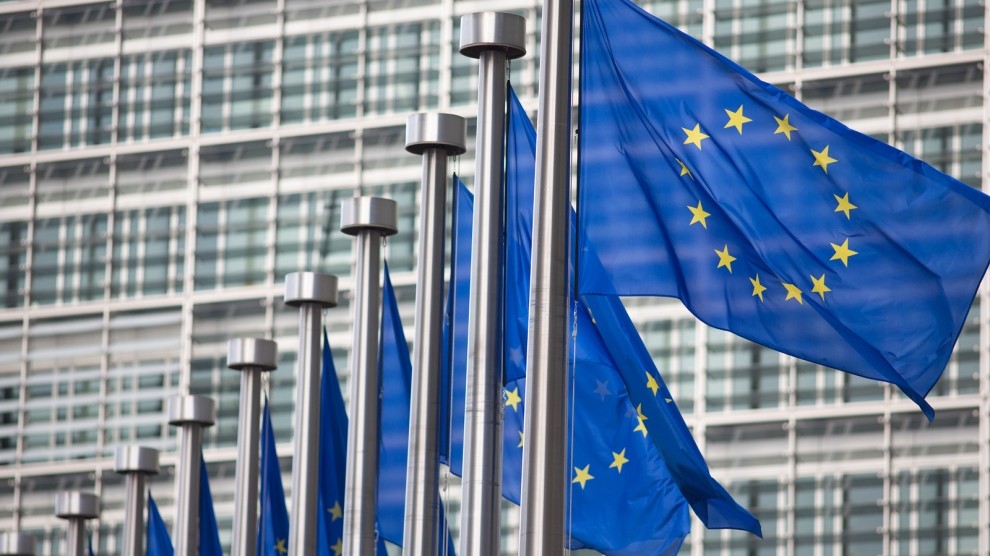EU Emission Trading Scheme update underway
The European Commission is currently running a public consultation on the European Emission Trading Scheme (ETS) that will end on 5 February 2021. This activity plays a central role in the new 2030 EU ambition to reduce greenhouse gas (GHG) emissions to at least 55% below 1990 levels. Alongside this, the European Commission has started to prepare legislative proposals to help achieve this target. Regulatory mechanisms to do this will likely be ready by June 2021.
Europe recently published new guidelines for State Aid related to indirect costs from CO2 reduction policies. Released on 21 September 2020, there have been changes to the list of sectors that are eligible for such funding as well as the inclusion of ‘sub-sectors’ such as hydrogen production.
The ETS guidelines allow EU member states to financially compensate industry for the higher electricity costs incurred as a result of the EU’s carbon policies. Whilst the Member States decide who to grant the aid to specifically, the chlor-alkali sector remains eligible to receive such money.
There remain certain conditions for such funding though. For example, for those companies which carry out an energy audit today, when they apply for state aid there are extra obligations associated with the funds as part of this. There are also requirements for EU Member States to conduct a careful calculation of a CO2 emission factor, which is calculated at either national or regional level. Such calculations depend on electricity prices being the same between countries for a "significant number of all hours in a year," but clarification is sought by industry on this from authorities. As a result, there has been changes to the division of European regions (e.g. Central-West European (CWE) region is no longer seen as one region in terms of emission factor). Alternatively, Member States can opt for a new method to calculate the CO2 emission (market-based CO2 emission factor) based on the ‘margin setting technology’.
Euro Chlor continues to follow developments here via a dedicated task force. Contact Euro Chlor, Regulatory Affairs Manager Kristof May, for more information.


